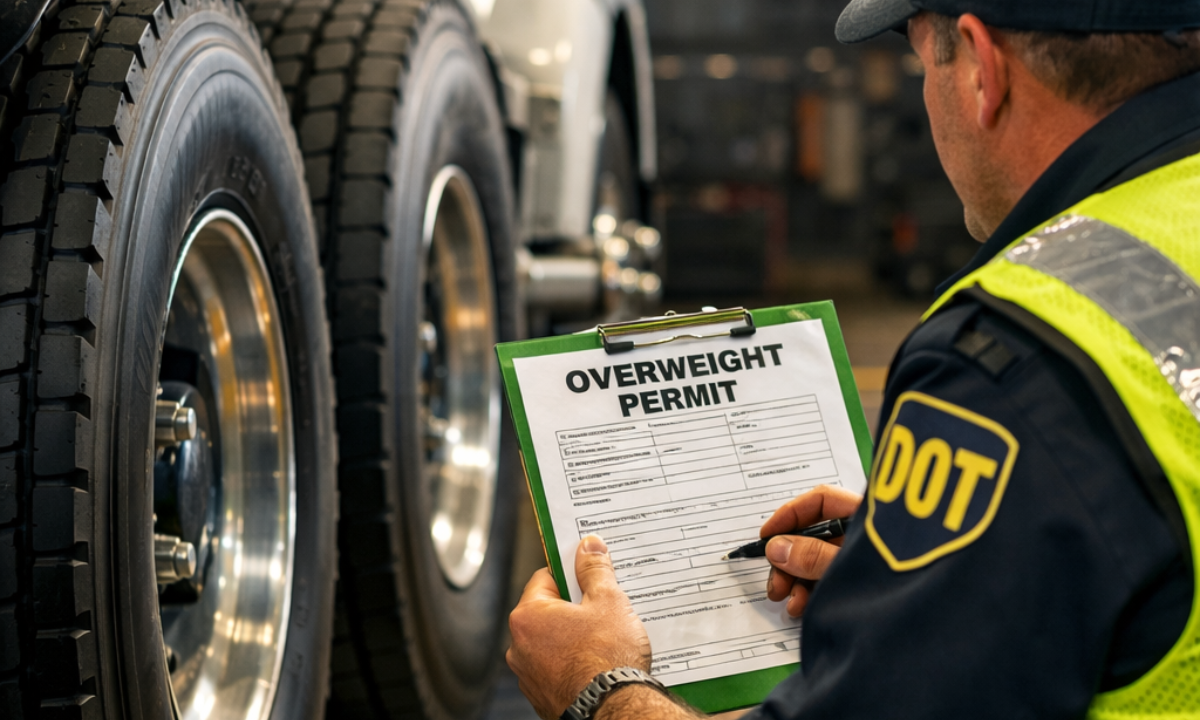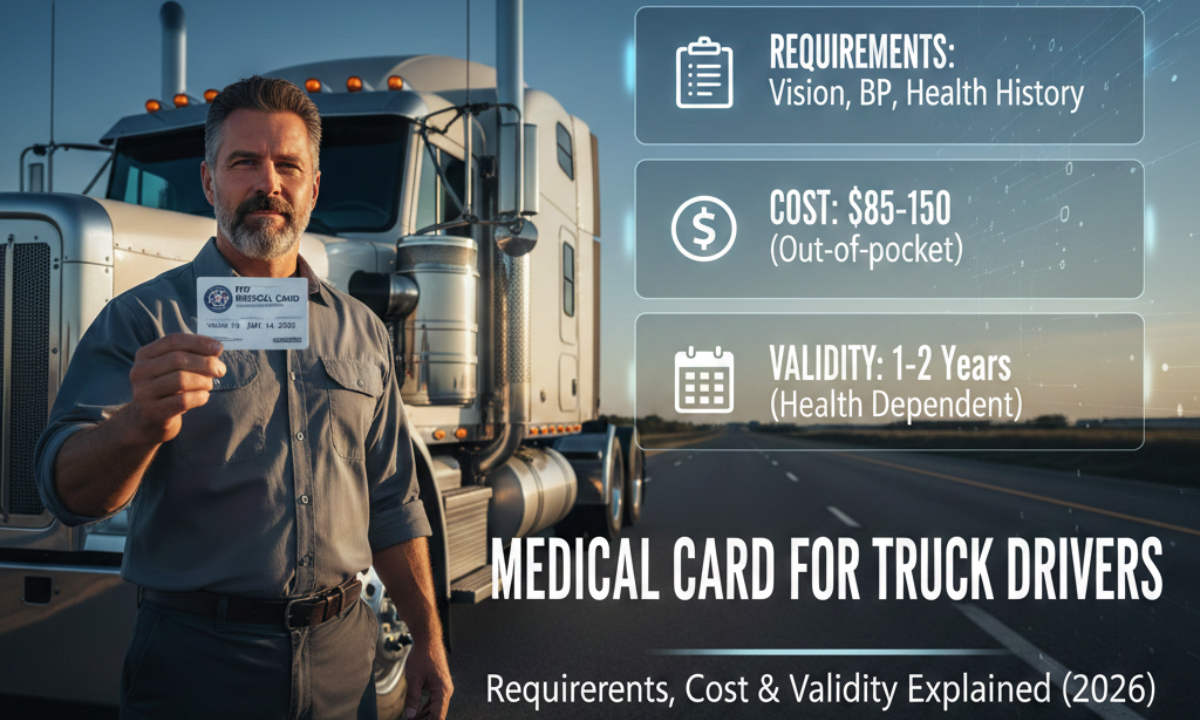Is Full-Service Truck Leasing Worth Paying For?
As fleets in the transportation industry consider the merits of leasing versus purchasing or financing a truck in today’s world, the total cost, operation complexity, and risk involved are the main determining factors. Yet, full-service truck leasing (FSTL) could be a very attractive alternative; however, its justification in terms of cost will rely quite a bit upon your business model, fleet size, application, and several hidden factors.
Understanding Full-Service Truck Leasing
When leasing a full-service truck, the lessor will provide the vehicle, plus a bundled package of maintenance, licensing, roadside assistance, and administrative tasks. In return, a lessee pays the lessor a predictable monthly payment instead of owning the truck and bearing all the burdens associated with upkeep, disposal, carrying residual risk and regulatory compliance.
Key aspects include:
- Predictable monthly cost, with many variable expenses (maintenance, repairs) included.
- Reduced capital outlay and preservation of cash flow, since you don’t purchase the asset outright.
- Outsourced fleet management burden, freeing up focus on core operations rather than vehicle care.
Potential Benefits of Full-Service Leasing
A full-service model offers several strong points to consider:
1. Enhancing cash flow and flexibility in financial matters rather than tying up capital in owned vehicles, leasing keeps funds ready for any needed growth, other investments, or operational safety buffer.
2. By bundling maintenance and other services into one monthly fee, you can budget more accurately and avoid surprise repair bills.
3. Access to newer and well-maintained equipment – Leasing companies tend to renew their equipment on a more regular basis, improving the likelihood of uptime, reducing downtime, and ensuring regulatory compliance.
4. Decreased residual and disposal risk – Typically, at the end of a lease, you simply return the vehicle to the leaser and do not have to deal with any resale risk or exposure of a depreciating asset.
5. Outsourced maintenance and administrative burden – That can bundle licensing, permitting, inspection, roadside assistance, and other services in order to make operations simple.
When Full-Service Truck Leasing Costs Is High
Despite being an attractive option, there are also scenarios where such cost or structure may outweigh benefits that could be derived from full-service lease:
- Maintenance costs that are marked up / higher service premiums– because risk is absorbed by the lessor, monthly fee likely includes a huge “insurance premium” over and above what actual maintenance costs would have been.; low cost of service through
- Mileage and Use penalties; It could easily include some clauses or penalties for over-mileage, which may significantly add costs if your operations fluctuate.
- Less flexibility/long contract term-with a multi-year lease, you may be locked into it even if your business model changes or your trucks are underutilized.
- Potential inefficiency for low maintenance or infrequent use vehicles-If your trucks are seldom used or you’re generally low maintenance, you may find that owning costs less over time.
- No equity accumulation in assets-At the end of leasing, you don’t have that vehicle anymore; you have paid for usage, but have built up nothing in residual value.
Key Factors to Evaluate Before Choosing Full-Service Leasing
What makes full service truck leasing worthwhile? Here are the factors to assess against your business and fleet:
- Fleet size and scale: Bigger fleets may obtain better economies of scale while smaller operations may pay a higher per-truck premium.
- Usage profile and mileage: Generally, predictable service and newer equipment have more benefits for high-mileage and heavy-use fleets. Occasional use may be better for ownership.
- Maintenance history and capability: Strong in-house maintenance may increase the cost of leasing.
- Capital constraints and cash-flow requirements: Leasing is the better option where capital preservation really counts.
- Vehicle obsolescence/regulatory change risk: If the equipment has frequent upgrades (e.g. emissions, safety tech), the equipment avoided the ownership risk through leasing.
- End-of-term strategy: What happens at the end of the lease? A replacement, a renewal, or a purchase? Consider any buyout clauses or renewal costs.
In Conclusion: When Full-Service Truck Leasing Is Worth It
The value of full-service truck leasing can definitely be justified, especially for fleets:
- are using high-utilization vehicles in critical missions;
- demand cost certainty and minimum downtime;
- prefer outsourcing fleet support services instead of managing them in-house;
- want to minimize residual risk and maintenance surprises;
- would like to free up capital for other parts of the business.
However, it is not automatically the best choice in all cases. For fleets characterized by lower usage, strong maintenance capability, or that take ownership of assets, the additional premium for full-service may not deliver enough value. A complete total cost of ownership (TCO) comparison should be performed to quantify whether savings in downtime, service, administrative overhead, and risk balance the cost of the lease premium.
Disclaimer: The information provided in this blog post is for general informational purposes only. While we strive to keep the content accurate and up to date, we do not guarantee its completeness, reliability, or accuracy. Any actions you take based on this information are strictly at your own risk. We are not responsible for any losses, damages, or inconveniences that may arise from the use of this blog.












